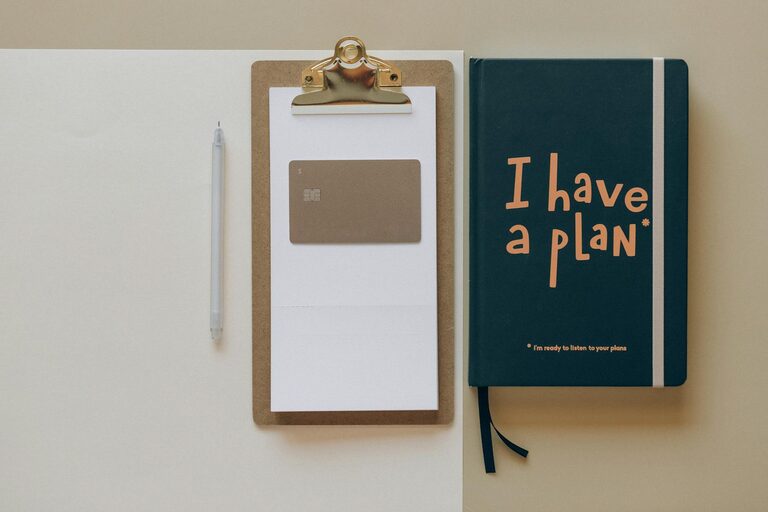Simple Budget Habits for Everyday Life to Save Money Easily

Managing your money wisely is a skill that can improve your overall quality of life. While budgeting might sound complicated or time-consuming, building simple budget habits into your everyday routine can make a big difference. This post will explore practical, easy-to-adopt strategies that help you gain control of your finances, reduce stress, and save more money.
Why Simple Budget Habits Matter
Creating a budget isn’t just about restricting yourself—it’s about making intentional choices with your money. Simple budget habits help you:
– Track where your money goes
– Avoid overspending
– Build savings consistently
– Prepare for unexpected expenses
– Feel more confident about financial decisions
By focusing on habits you can maintain daily, budgeting becomes less of a task and more a natural part of life.
Start with Tracking Your Expenses
Before setting limits or cutting costs, it’s important to know your spending patterns.
How to Track Expenses Easily
– Use a notebook or a budgeting app to record purchases daily.
– Categorize spending into groups like groceries, dining out, transportation, and entertainment.
– Review your spending weekly to identify areas where you frequently overspend.
Tracking doesn’t have to be perfect but aiming for accuracy helps you understand your habits and find opportunities to save.
Plan Your Spending with a Simple Budget
Once you know your regular expenses, creating a basic budget can guide your spending decisions.
Steps to Build Your Budget
- **List Monthly Income:** Include your take-home pay and any additional earnings.
- **Track Fixed Expenses:** Rent, utilities, loan payments, and subscriptions.
- **Estimate Variable Expenses:** Food, transportation, entertainment, and personal care.
- **Set Savings Goals:** Decide how much to save each month, even if it’s a small amount.
- **Adjust as Needed:** If expenses exceed income, look for categories to reduce.
Keep your budget flexible so it evolves with your needs and goals.
Adopt Everyday Money Habits That Save
Small, consistent changes in how you approach spending add up over time.
Simple Habits to Try
– Avoid Impulse Purchases: Pause and ask yourself if the item is necessary before buying.
– Cook More Meals at Home: It’s usually cheaper and healthier than dining out.
– Use a Shopping List: Whether grocery shopping or buying household items, stick to your list.
– Set Up Automatic Savings: Have a portion of your paycheck automatically transferred to savings.
– Review Subscriptions: Cancel services you don’t use regularly.
– Pay Bills on Time: Avoid late fees by setting reminders or automatic payments.
These habits take little effort but can significantly improve your budget health.
Use Technology to Stay Organized
Technology can simplify budgeting by reducing manual work.
– Budgeting Apps: Tools like Mint, YNAB (You Need A Budget), and PocketGuard help track spending and manage goals.
– Bank Alerts: Set notifications for low balances or large transactions.
– Digital Envelopes: Some apps let you allocate money into categories digitally to limit overspending.
Choose tools that fit your lifestyle and keep your budget visible and manageable.
Build an Emergency Fund
Life is unpredictable, and having a financial cushion offers peace of mind.
– Aim to save three to six months’ worth of essential expenses.
– Start small—try to save $500 to cover minor emergencies.
– Keep this fund separate from regular savings to avoid temptation.
An emergency fund prevents unexpected costs from disrupting your budget.
Review and Adjust Your Budget Regularly
Your financial situation and goals change over time. Make it a habit to:
– Review your budget monthly.
– Celebrate your successes, like meeting savings targets.
– Identify new spending challenges.
– Adjust spending limits or savings goals accordingly.
Regular check-ins keep your budget aligned with your life.
Final Thoughts
Building simple budget habits doesn’t require a big overhaul. With modest effort—like tracking expenses, planning spending, and making thoughtful choices—you can create a solid foundation for financial well-being. Over time, these habits will help you save money, reduce money-related stress, and gain greater freedom in how you live.
Start today with one or two habits and watch your confidence grow!
